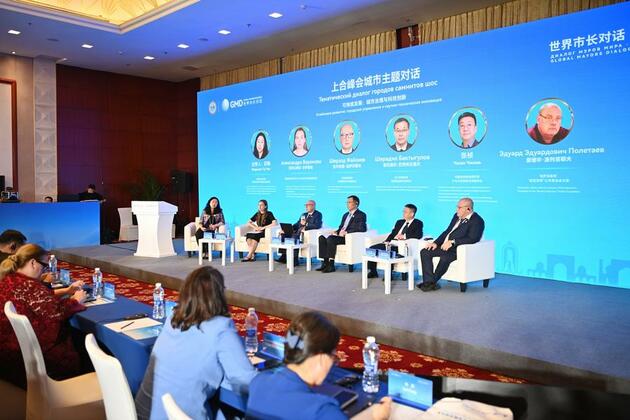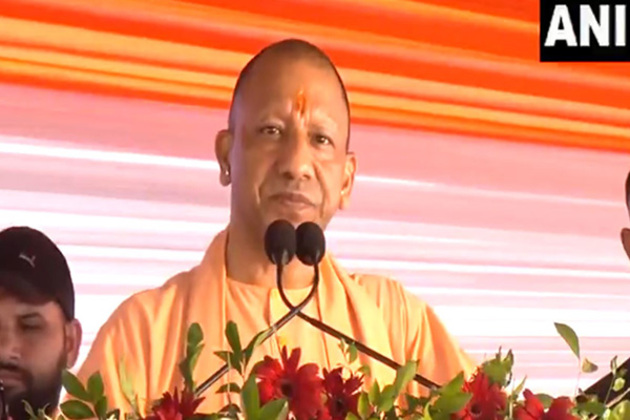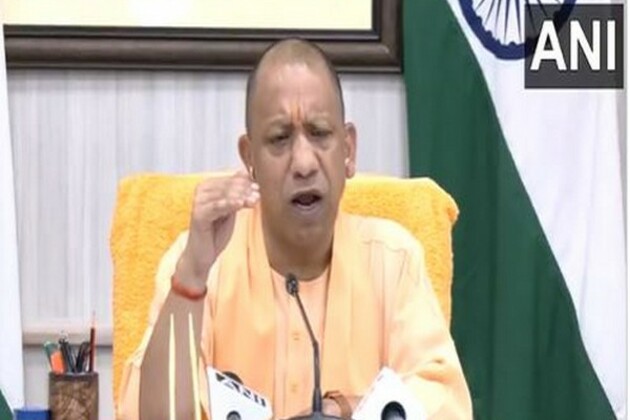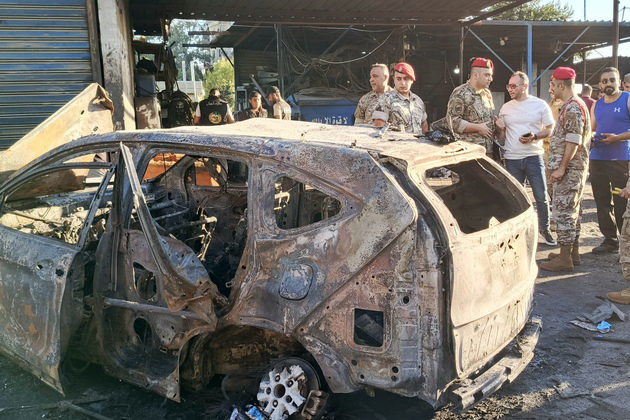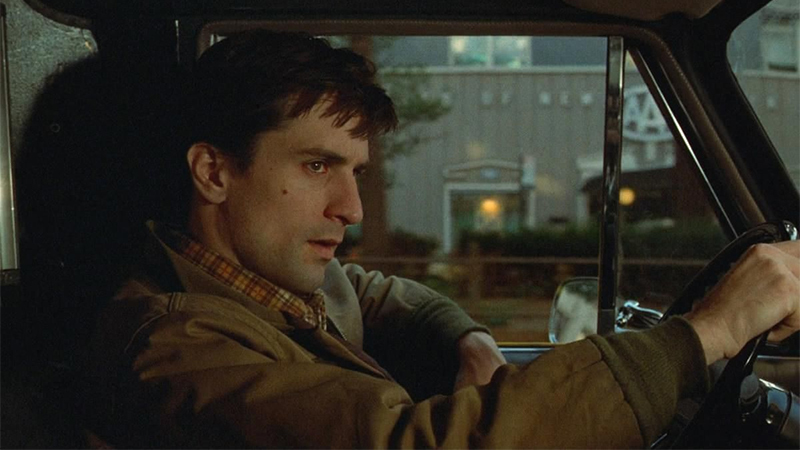AI and art collide in this engineering course that puts human creativity first
The Conversation
09 Jul 2025, 12:33 GMT+10
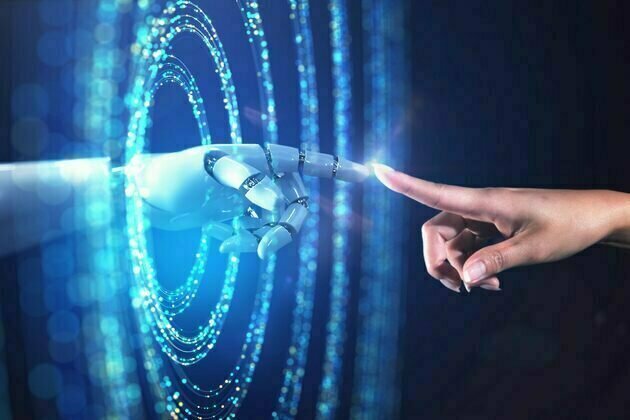
Uncommon Courses is an occasional series from The Conversation U.S. highlighting unconventional approaches to teaching.
Art and Generative AI
I see many students viewing artificial intelligence as humanlike simply because it can write essays, do complex math or answer questions. AI can mimic human behavior but lacks meaningful engagement with the world. This disconnect inspired the course and was shaped by the ideas of 20th-century German philosopher Martin Heidegger. His work highlights how we are deeply connected and present in the world. We find meaning through action, care and relationships. Human creativity and mastery come from this intuitive connection with the world. Modern AI, by contrast, simulates intelligence by processing symbols and patterns without understanding or care.
In this course, we reject the illusion that machines fully master everything and put student expression first. In doing so, we value uncertainty, mistakes and imperfection as essential to the creative process.
This vision expands beyond the classroom. In the 2025-26 academic year, the course will include a new community-based learning collaboration with Atlanta's art communities. Local artists will co-teach with me to integrate artistic practice and AI.
The course builds on my 2018 class, Art and Geometry, which I co-taught with local artists. The course explored Picasso's cubism, which depicted reality as fractured from multiple perspectives; it also looked at Einstein's relativity, the idea that time and space are not absolute and distinct but part of the same fabric.
We begin with exploring the first mathematical model of a neuron, the perceptron. Then, we study the Hopfield network, which mimics how our brain can remember a song from just listening to a few notes by filling in the rest. Next, we look at Hinton's Boltzmann Machine, a generative model that can also imagine and create new, similar songs. Finally, we study today's deep neural networks and transformers, AI models that mimic how the brain learns to recognize images, speech or text. Transformers are especially well suited for understanding sentences and conversations, and they power technologies such as ChatGPT.
In addition to AI, we integrate artistic practice into the coursework. This approach broadens students' perspectives on science and engineering through the lens of an artist. The first offering of the course in spring 2025 was co-taught with Mark Leibert, an artist and professor of the practice at Georgia Tech. His expertise is in art, AI and digital technologies. He taught students fundamentals of various artistic media, including charcoal drawing and oil painting. Students used these principles to create art using AI ethically and creatively. They critically examined the source of training data and ensured that their work respects authorship and originality.
Students also learn to record brain activity using electroencephalography - EEG - headsets. Through AI models, they then learn to transform neural signals into music, images and storytelling. This work inspired performances where dancers improvised in response to AI-generated music.
AI entered our lives so rapidly that many people don't fully grasp how it works, why it works, when it fails or what its mission is.
In creating this course, the aim is to empower students by filling that gap. Whether they are new to AI or not, the goal is to make its inner algorithms clear, approachable and honest. We focus on what these tools actually do and how they can go wrong.
We place students and their creativity first. We reject the illusion of a perfect machine, but we provoke the AI algorithm to confuse and hallucinate, when it generates inaccurate or nonsensical responses. To do so, we deliberately use a small dataset, reduce the model size or limit training. It's in these flawed states of AI that students step in as conscious co-creators. The students are the missing algorithm that takes back control of the creative process. Their creations do not obey AI but reimagine it by the human hand. The artwork is rescued from automation.
Students learn to recognize AI's limitations and harness its failures to reclaim creative authorship. The artwork isn't generated by AI, but it's reimagined by students.
Students learn chatbot queries have an environmental cost because large AI models use a lot of power. They avoid unnecessary iterations when designing prompts or using AI. This helps reducing carbon emissions.
The course prepares students to think like artists. Through abstraction and imagination they gain the confidence to tackle the engineering challenges of the 21st century. These include protecting the environment, building resilient cities and improving health.
Students also realize that while AI has vast engineering and scientific applications, ethical implementation is crucial. Understanding the type and quality of training data that AI uses is essential. Without it, AI systems risk producing biased or flawed predictions.
 Share
Share
 Tweet
Tweet
 Share
Share
 Flip
Flip
 Email
Email
Watch latest videos
Subscribe and Follow
Get a daily dose of Professional Autos news through our daily email, its complimentary and keeps you fully up to date with world and business news as well.
News RELEASES
Publish news of your business, community or sports group, personnel appointments, major event and more by submitting a news release to Professional Autos.
More InformationBusiness
SectionBP appoints ex-Shell finance chief Simon Henry to board
LONDON, U.K.: This week, BP appointed Simon Henry, former Shell finance chief, to its board as a non-executive director effective September...
FedEx, UPS step up as Canada Post loses market share in strikes
OTTAWA, Canada: With Canada Post struggling to maintain operations amid labour unrest, rivals like FedEx and UPS are stepping in to...
U.S. stocks steady Tuesday despite tariffs turmoil
NEW YORK, New York - U.S. and global markets showed a mixed performance in Tuesday's trading session, with some indices edging higher...
Beijing blamed for covert disinformation on French fighter jet Rafale
PARIS, France: French military and intelligence officials have accused China of orchestrating a covert campaign to damage the reputation...
Birkenstock steps up legal battle over fakes in India
NEW DELHI, India: Birkenstock is stepping up its efforts to protect its iconic sandals in India, as local legal representatives conducted...
Beijing hits back at EU with medical device import curbs
HONG KONG: China has fired back at the European Union in an escalating trade dispute by imposing new restrictions on medical device...
Engineering
SectionJapan: Yamaha Motor celebrates 70 years, redefines brand with new logo
Tokyo [Japan], July 9 (ANI): Yamaha Motor is celebrating its 70th anniversary, and a new company logo has been introduced. For motorbike...
SCO countries applaud China's city governance innovations
TIANJIN, July 9 (Xinhua) -- Against the backdrop of cities' growing influence as political, economic and cultural hubs, representatives...
"Uttar Pradesh government to plant 52 crore saplings this year": CM Yogi Adityanath
Ayodhya (Uttar Pradesh) [India], July 9 (ANI): The Uttar Pradesh government is going to plant 52 crore saplings this year, Chief Minister...
CM Yogi offers prayers at Shri Ram Lalla, Hanumangarhi temples in Ayodhya ahead of mega plantation drive
Ayodhya (Uttar Pradesh) [India], July 9 (ANI): As Uttar Pradesh launched its state-wide mega plantation drive, Chief Minister Yogi...
(Hello Africa) Kenyan visitors flock to Chinese products at annual trade expo
Over 100 exhibitors, including more than 80 from China, are showcasing their products at the 10th edition of China Trade Week, which...
LEBANON-TRIPOLI-ISRAELI AIRSTRIKE
(250709) -- TRIPOLI, July 9, 2025 (Xinhua) -- This photo taken with a mobile phone shows people inspecting a vehicle hit by Israeli...








